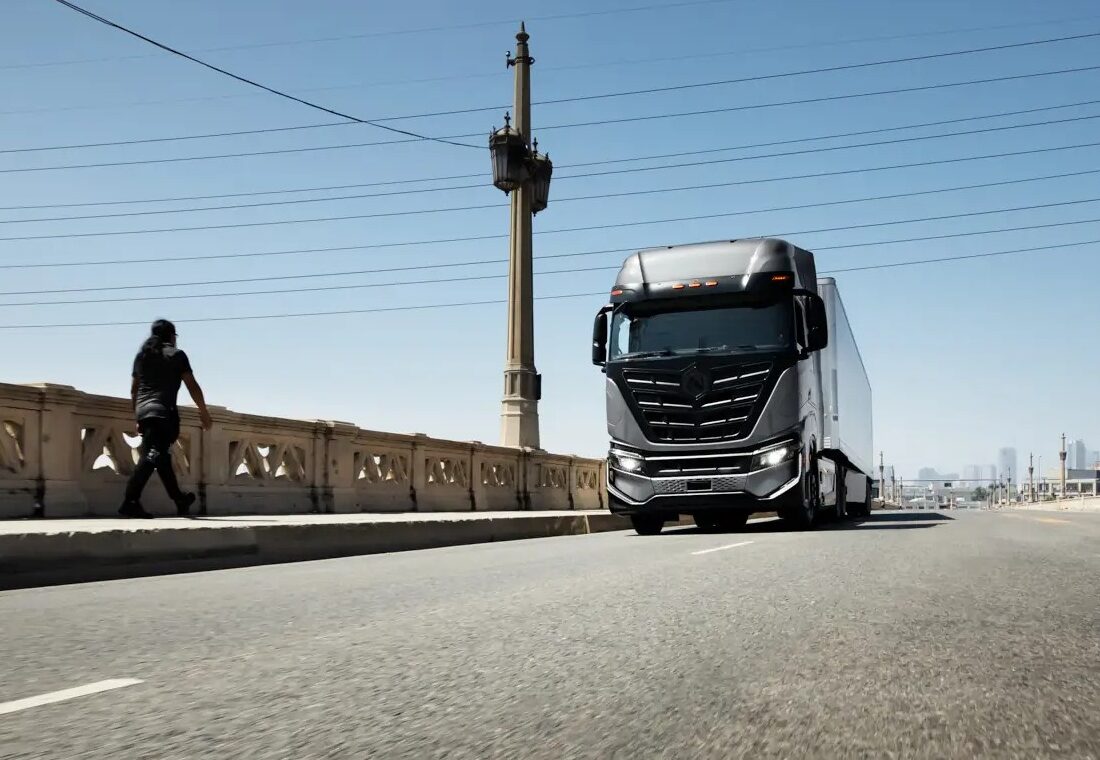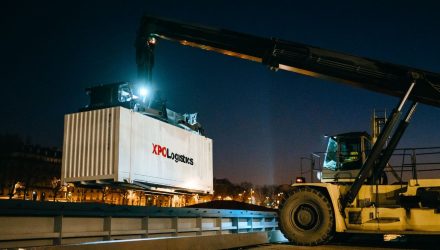In a significant development within the hydrogen electric vehicle industry, Nikola Corporation, once a trailblazer in hydrogen and electric truck manufacturing, has filed for Chapter 11 bankruptcy protection. This move underscores the myriad challenges faced by companies striving to revolutionise the transportation sector with zero-emission solutions.
Founded in 2015, Nikola Corporation aimed to transform the heavy-duty trucking industry by introducing hydrogen fuel cell and battery-electric vehicles. The company’s vision attracted substantial investor interest, propelling its market valuation to nearly $30 billion at its peak. This enthusiasm was further amplified by the burgeoning demand for sustainable transportation solutions and significant investments in green technologies.
Despite its ambitious goals, Nikola encountered several operational hurdles. Production delays, coupled with high manufacturing costs, impeded the company’s ability to meet market expectations. By late 2024, Nikola had delivered fewer than 400 trucks, a figure that fell short of initial projections. Additionally, a battery defect led to a significant recall, further straining the company’s resources and tarnishing its reputation.
The company’s trajectory was further complicated by legal issues surrounding its founder and former CEO, Trevor Milton. Accusations of fraudulent activities, including misleading investors about the company’s technological capabilities, culminated in Milton’s resignation and subsequent legal proceedings. This leadership crisis eroded investor confidence and exacerbated the company’s financial woes.
On 19th February 2025, Nikola Corporation filed for Chapter 11 bankruptcy protection in the U.S. Bankruptcy Court for the District of Delaware. At the time of filing, the company reported approximately $47 million in cash reserves, intended to support limited ongoing operations and facilitate the sale of its assets under court supervision.
As part of the bankruptcy proceedings, Nikola plans to auction its assets, including its intellectual property and manufacturing facilities. The company has sought court approval to conduct this auction under Section 363 of the U.S. Bankruptcy Code, aiming to attract both strategic and financial buyers interested in its technological innovations and infrastructure.
Nikola has announced intentions to continue limited support for its existing fleet of trucks, including certain fuelling operations, until the end of March 2025, pending court approval. Post-March, the continuation of these services will depend on partnerships or the outcomes of the asset sale process.
Nikola’s bankruptcy filing has sent ripples through the EV industry, prompting a re-evaluation of the viability of hydrogen-powered heavy-duty vehicles. The company’s stock experienced a precipitous decline, plummeting over 95% in the past year, reflecting diminished investor confidence in the sector.
The collapse of a prominent player like Nikola has intensified scrutiny on hydrogen fuel cell technology. While offering advantages such as longer range and faster refuelling times compared to battery-electric vehicles, hydrogen trucks face significant obstacles. These include high production and infrastructure costs, limited refuelling networks, and dependence on governmental subsidies and regulatory support, which are subject to change.
“With the dedication of our employees and support from our partners, Nikola has taken significant steps to move zero-emissions transportation forward, including bringing the first commercially available Class 8 hydrogen fuel cell electric trucks to market in North America and developing the HYLA hydrogen refueling highway, connecting Northern California to Southern California,” said Steve Girsky, President and chief executive of Nikola.
Despite the setbacks experienced by Nikola, the pursuit of zero-emission solutions in the heavy-duty transportation sector remains imperative. Industry stakeholders may need to reassess their strategies, focusing on technological advancements, cost reduction, and infrastructure development to foster the adoption of sustainable transportation alternatives.
Nikola Corporation’s bankruptcy serves as a cautionary tale within the EV industry, highlighting the complex interplay of innovation, operational execution, and market dynamics. As the sector continues to evolve, the lessons gleaned from Nikola’s experience will be instrumental in shaping the future of zero-emission heavy-duty transportation.







